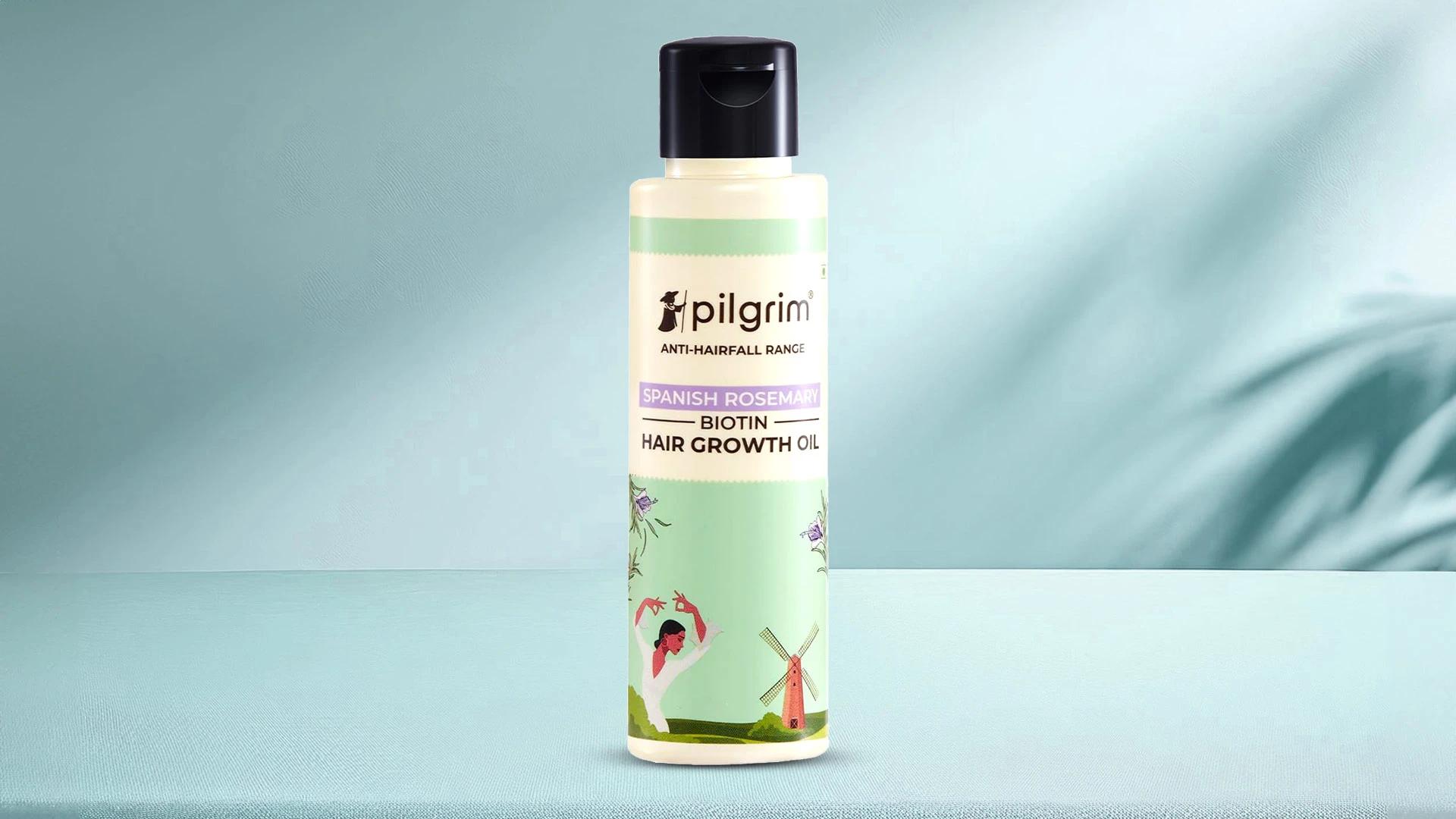Complementary Essential Oils for Scalp Health
Peppermint oil pairs beautifully with rosemary for an extra circulation boost. Cedarwood and thyme oils also have research-backed hair growth benefits. Lavender oil can help if you have a sensitive scalp. Try mixing 2-3 different oils with your carrier oil for a custom blend.
Rosemary Oil and Nutrition for Hair Health
What you eat affects your hair growth just as much as what you apply topically. Iron, biotin, and protein are crucial for healthy hair. Consider adding foods rich in omega-3 fatty acids to support overall hair health whilst using your rosemary oil treatments.
Integrating Rosemary Oil with Other Hair Care Practices
Gentle scalp massages, silk pillowcases, and regular trims all support healthy hair growth. Use rosemary oil as part of a broader routine that includes proper cleansing, conditioning, and protection from heat damage. It's about creating an environment where your hair can thrive.
Frequently Asked Questions
Can rosemary oil cause hair loss at first?
Some people might notice increased shedding in the first few weeks of use. This is often normal as your hair cycle adjusts and older, weaker hairs make way for new growth. If excessive shedding continues beyond a month, discontinue use and consult a professional.
How long does it take to see results with rosemary oil?
Most people start noticing improvements in scalp health within 2-4 weeks. Visible hair growth changes typically become apparent after 2-3 months of consistent use. Remember, hair grows slowly—about half an inch per month—so patience is essential.
Is rosemary oil as effective as minoxidil for hair growth?
One study suggested rosemary oil performed similarly to 2% minoxidil after six months of use. However, more research is needed to make definitive comparisons. Rosemary oil may be worth trying, especially if you prefer natural alternatives.
Can I leave rosemary oil in my hair overnight?
Yes, you can leave properly diluted rosemary oil in overnight. Make sure it's well-mixed with a carrier oil and that your scalp doesn't react negatively. Use a silk pillowcase to prevent staining and always shampoo thoroughly in the morning.
Are there any hair types that should avoid using rosemary oil?
Rosemary oil is generally suitable for all hair types when properly diluted. However, people with very sensitive scalps or certain medical conditions should consult a healthcare provider first. Always do a patch test before first use.
Final Thoughts
Rosemary oil for hair growth before and after results can be genuinely impressive when you approach it with realistic expectations and consistent use. This natural remedy offers a gentle, research-backed approach to supporting healthier hair growth without harsh chemicals. The key is understanding that natural solutions take time to work—we're talking months, not days. Start with proper dilution, be consistent with application, and give your hair the time it needs to respond. Whether you're dealing with thinning hair or just want to boost your current growth, rosemary oil might just become a staple in your haircare routine. Remember, everyone's hair journey is different, so what works for your mate might work differently for you—and that's completely normal.

 200 ml
200 ml 15 ml
15 ml 100 ml
100 ml 15 ml
15 ml